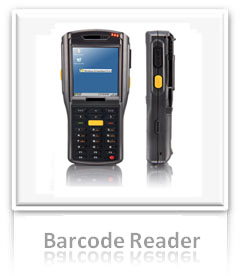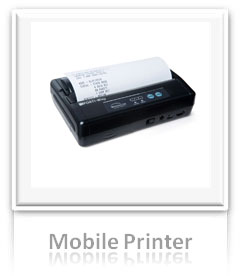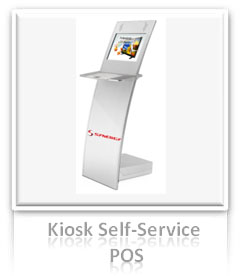Retail is the first large scale applications of the Internet of Things technologies. The replacement of normal bar codes has already started in some pilot projects, advances in the electronics industry will render the RFID tag ever cheaper and more attractive and accessible to the retailers.
The electronic tags offer multiple benefits over the bar code for both the retailers and the consumers. The retailers will have item identification unified from the producer, through the storage, the shop floor, cashier and check out, as well as theft protection. They may also save cost by allowing customers to check out the products themselves and without having to put the bought items on a conveyer belt. The shelves may be intelligent issuing a refill order automatically to the storage as items are sold offering precise delivery from the wholesaler directly to the shelf. Furthermore, the history of any item from production to the shelf can be stored offering increased quality management along the supply chain.
For the consumers this offers the possibility avoid long check-out lines, and having the product history available will improve food safety and protect consumer rights in case of failing products. Consumers will no longer need to consult a shop floor reader to know the history of a product, and the shopping list can be created as the wrapping of used goods are discarded. This opens for automated warehouses where the shopping list is transmitted when the customer leaves the house to collect a ready made shopping bag already checked upon arrival to the warehouse.




